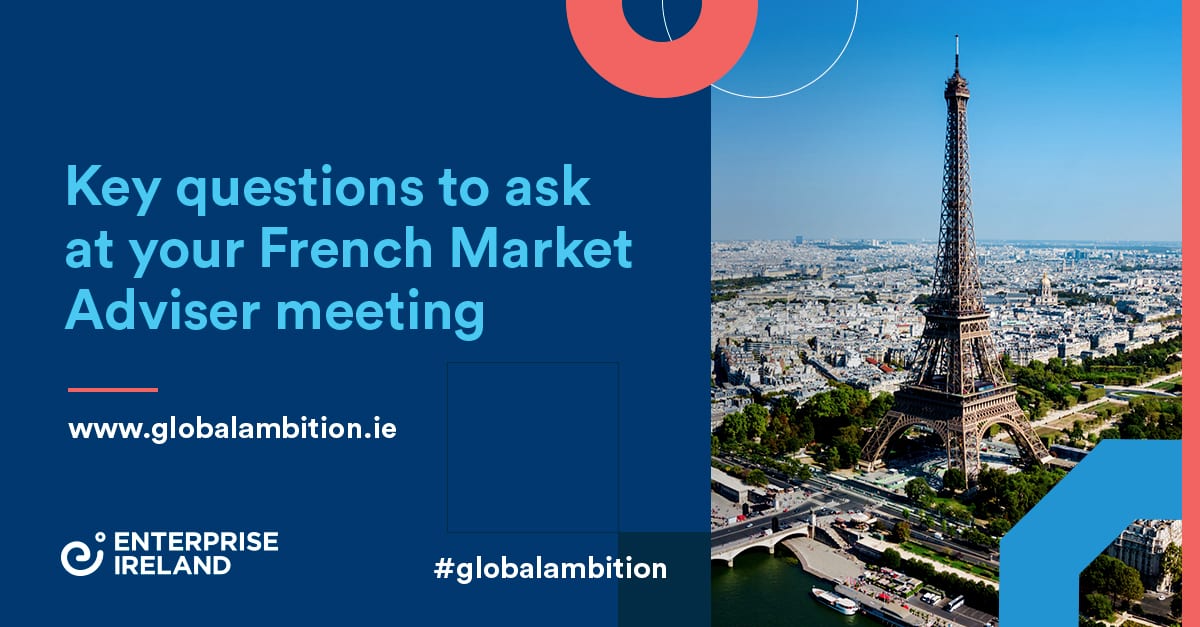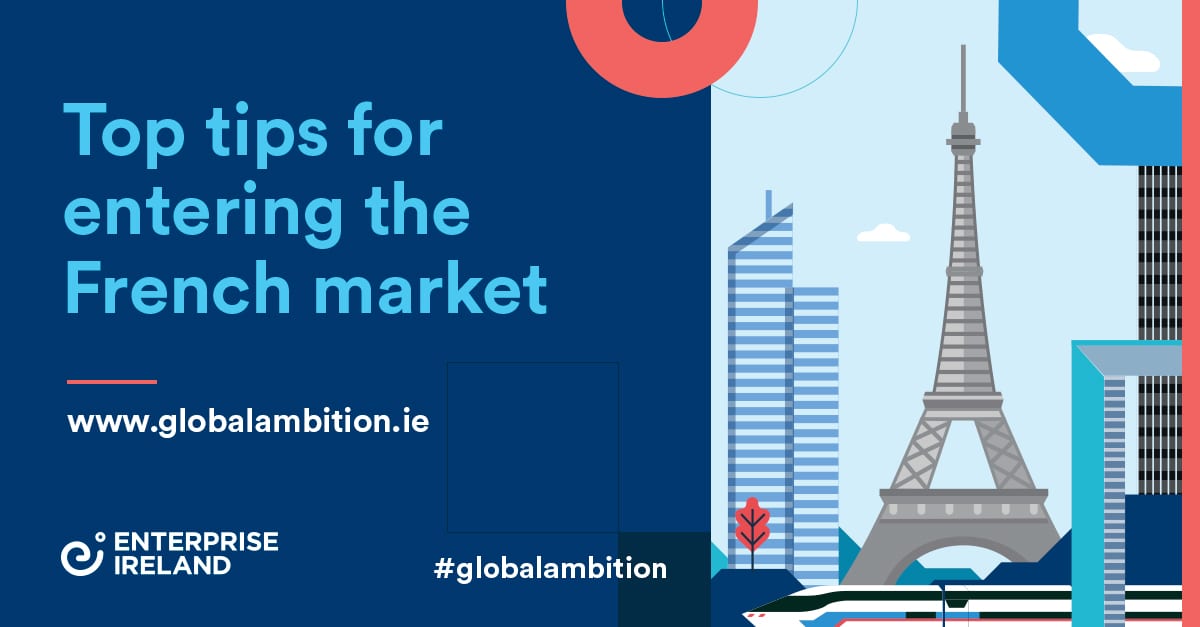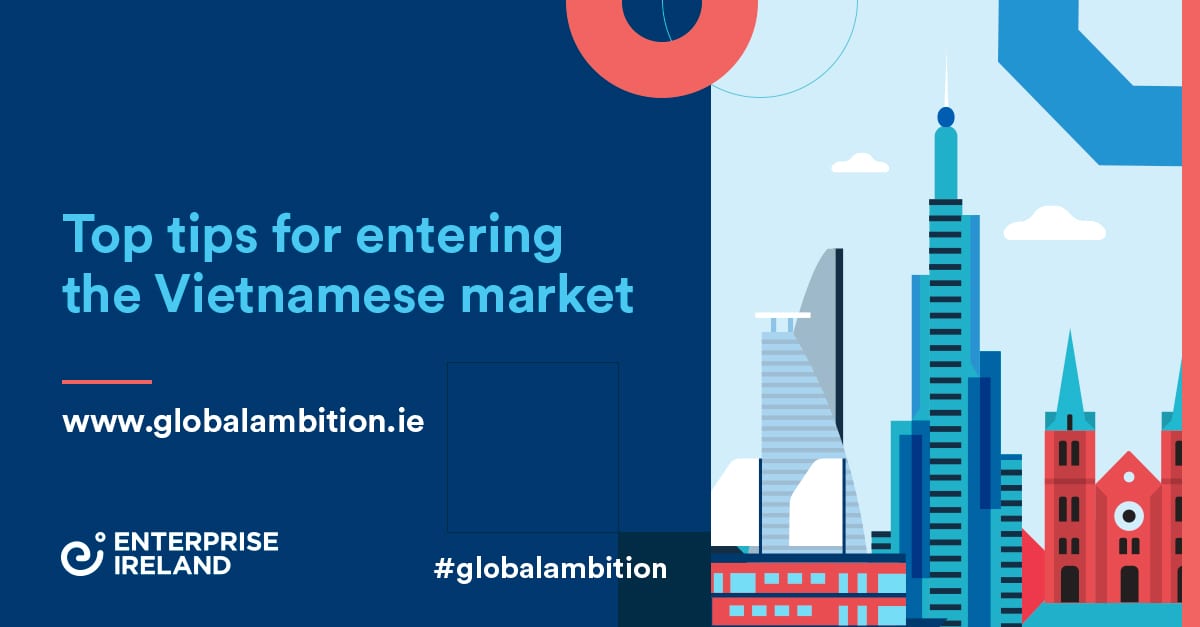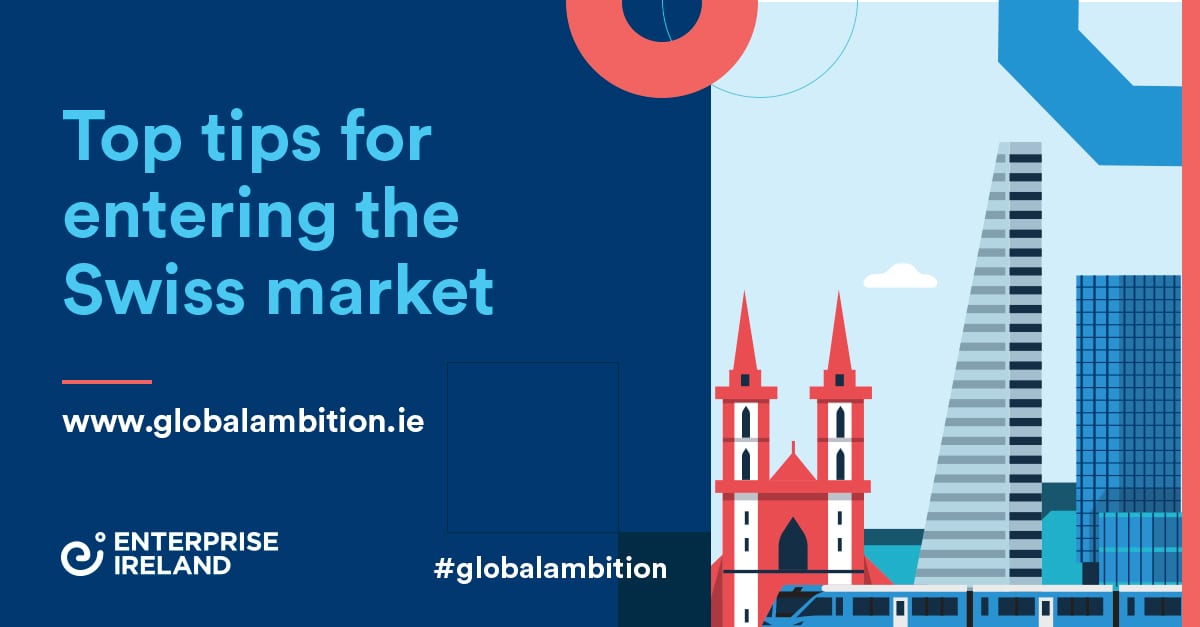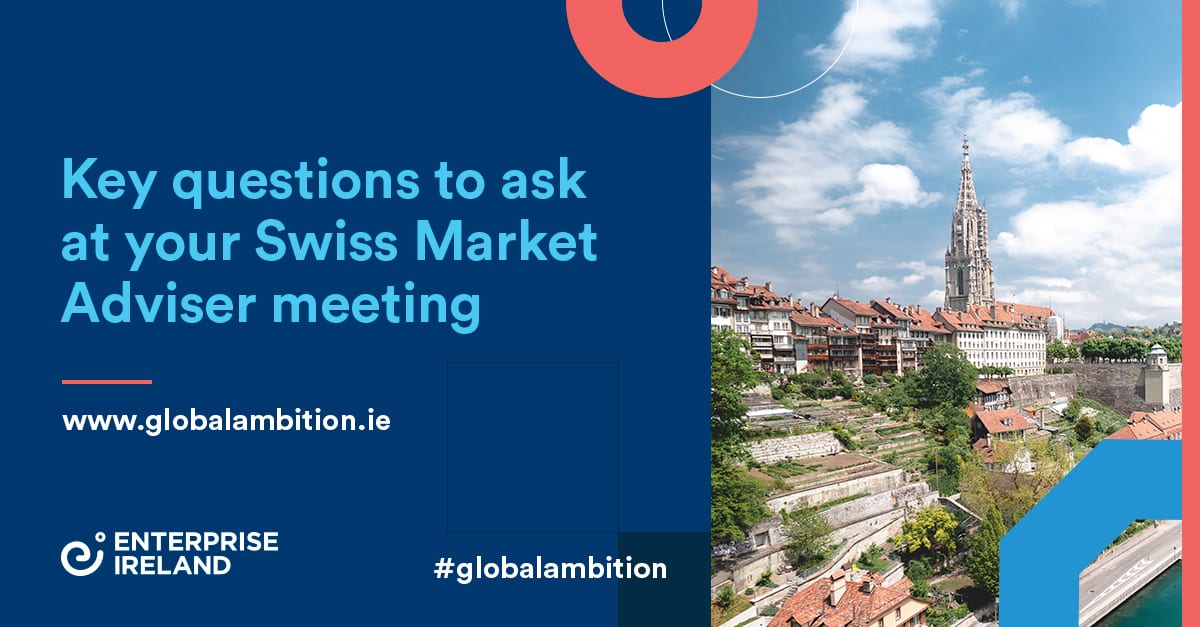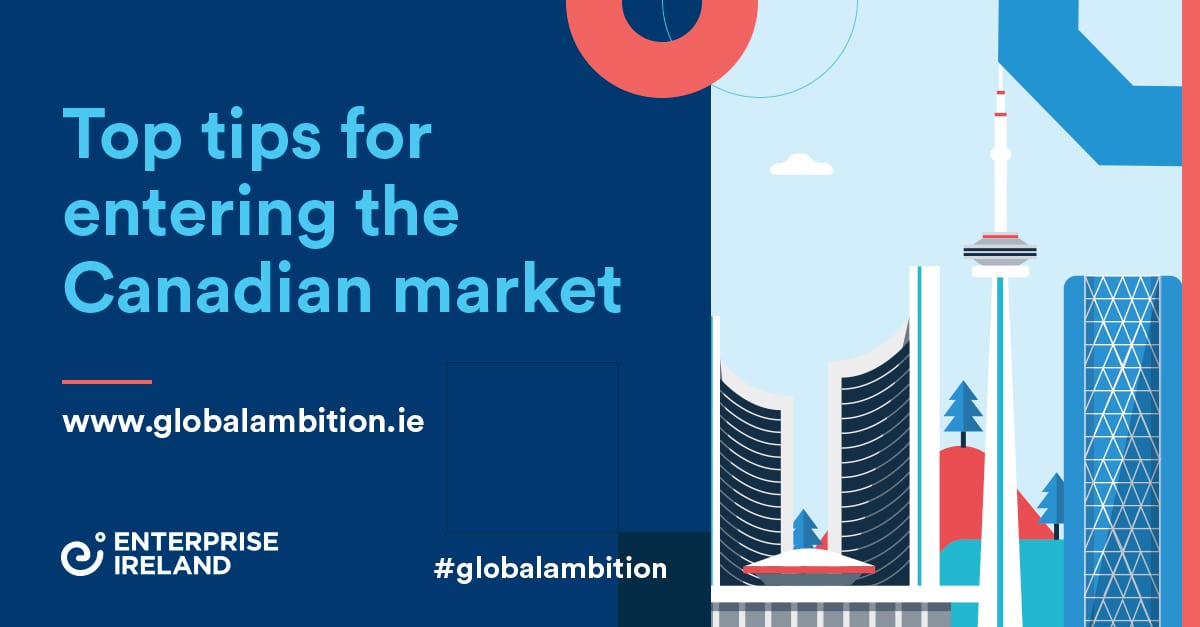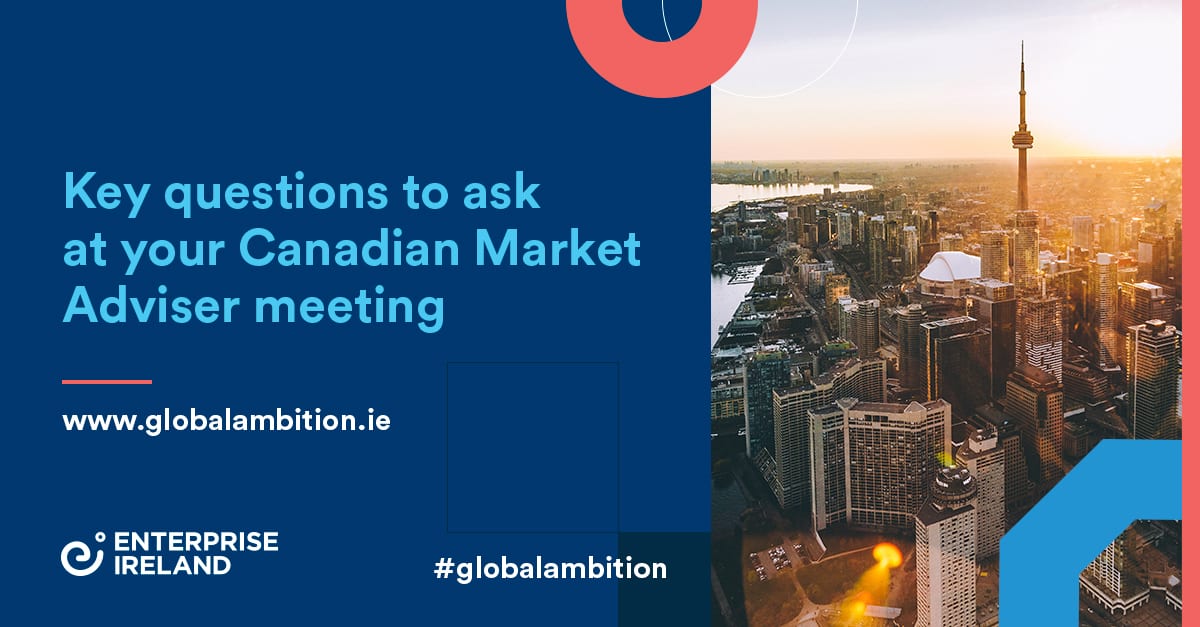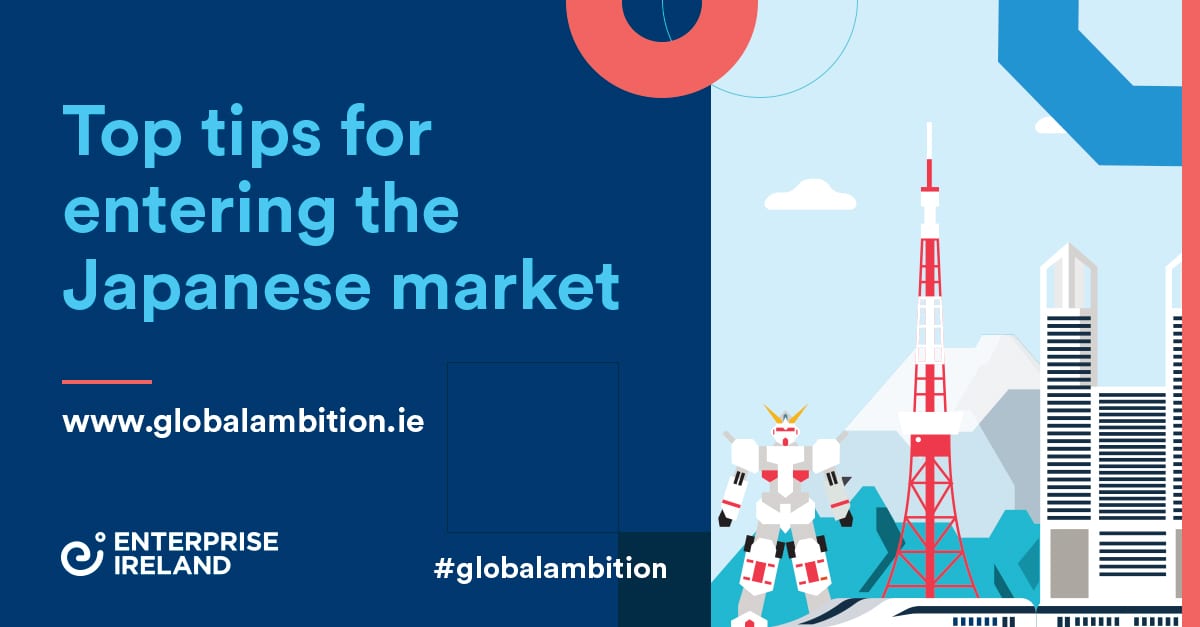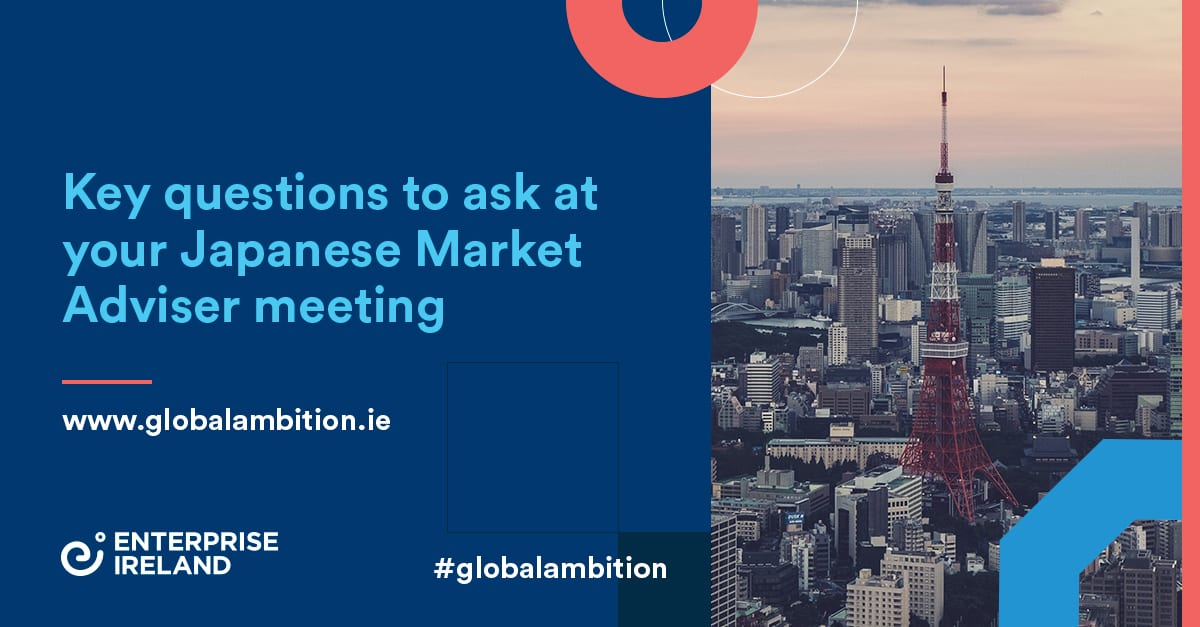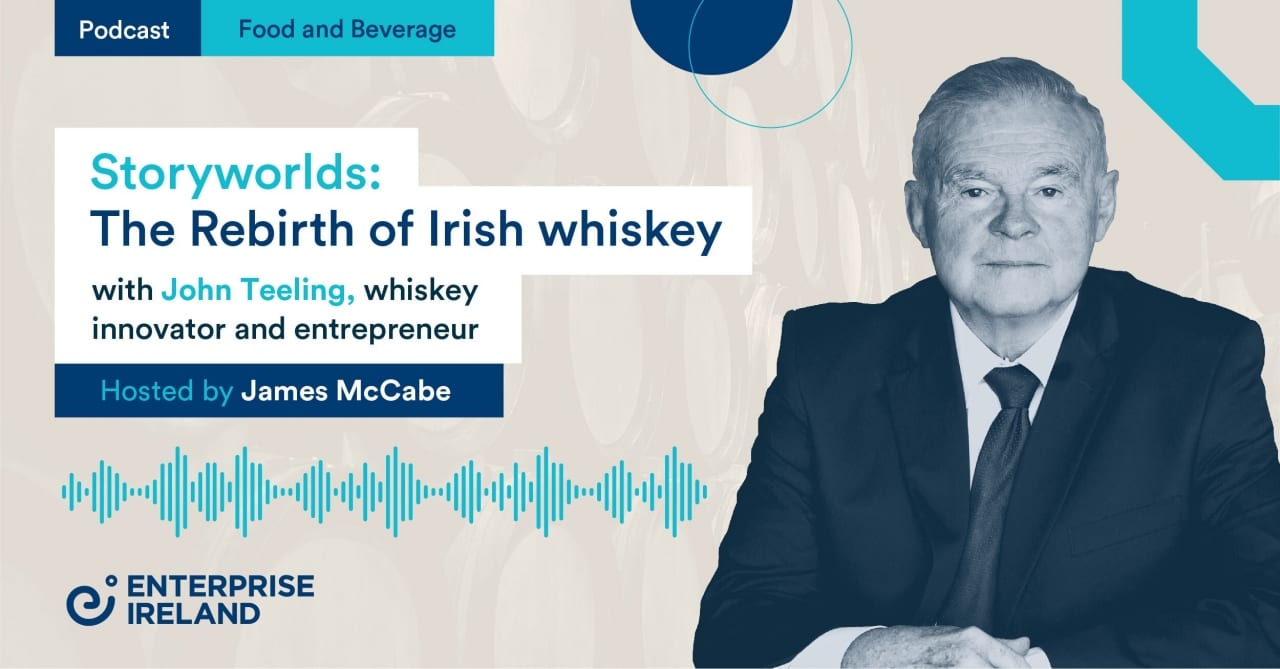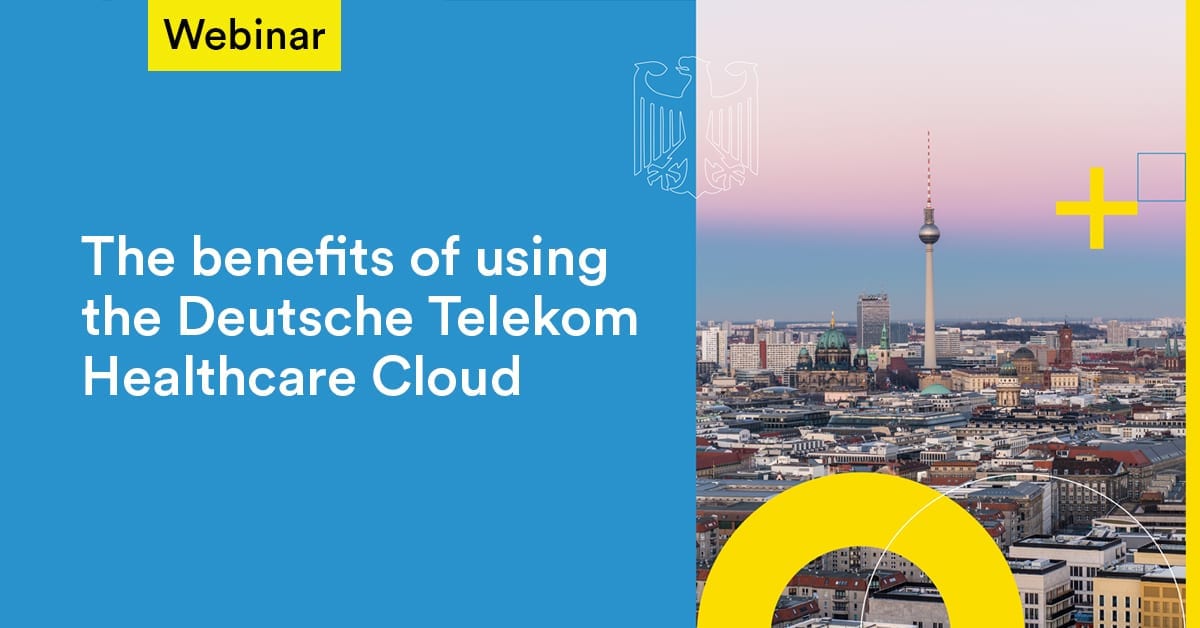Key questions to ask at your French Market Advisor meeting
Your International Markets Week meeting with an Enterprise Ireland Market Advisor is the perfect opportunity to get all the information you need about the French market and how to develop your market entry strategy.
To help you prepare, take a look at our suggestions of questions to ask your Market Advisor.
- Should I target the French market?
What opportunities are present for your product in France? What benefits are there for your business in terms of exporting to the Eurozone over the UK? Are there other markets you should consider before focusing on the French market?
- What specific information do I need to know about the market? What do you know about our competitors?
Ask your Market Advisor for their insights into the market for your product and service in France, and find out what Market Research reports you should access from Enterprise Ireland’s Market Research Centre.
- What should I be prepared for when doing business in France? Are there any cultural differences?
Your Market Advisor is an expert both in their sector and the specifics of how that sector does business in France. It is important to note that these differences are more pronounced in certain sectors (such as the Agri-tech industry) than others (such as Digital Technologies).
- What route to market would you recommend for my product or service?
Consider whether you should enter the French market via a distributor, an agent, a partnership, or sell directly via your website. Your Market Advisor can talk you through the advantages and disadvantages of all options.
- Are there barriers to entry? Are there any legal issues or regulations that I need to consider?
While France and Ireland are both members of the European Single Market, there remain some regulatory differences in certain sectors. Your Market Advisor is the best person to advise on the steps you need to take to insure your product or service is compliant and ready for sale in the French market.
- What determines success in the market? Can you think of any examples of companies who have done well in the market and why?
Capitalise on the learnings of companies who have come before you (and learn from their mistakes!).
- Are there any specific opportunities for us in France with regards to the recently announced French Recovery Plan and the post-Covid19 business climate?
In the words of French president, Emmanuel Macron, “2020 has been a year like no other”. The French team’s Market Advisors have been on the ground and are well placed to advise you on what challenges and opportunities this year presents for your business.
- Are there any large investment projects planned relevant for my sector?
Market advisors constantly monitor in-market investment announcements. Did you know that France ranks first in the list of European Foreign Direct Investment destinations?
Our Market Advisors are always available to support you and provide business expertise and on-the-ground knowledge.
For more, download our Going Global Guide


